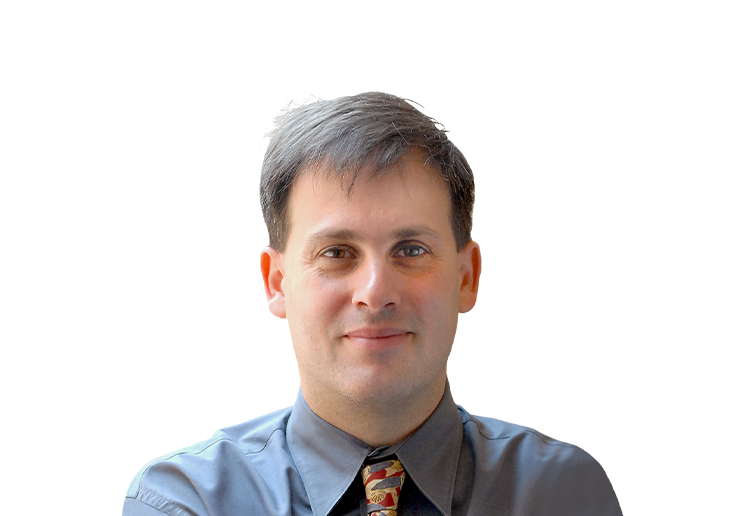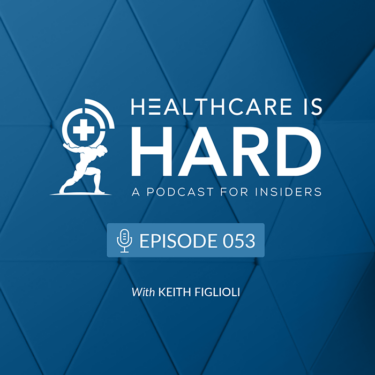
Understanding healthcare spending growth in America is a critical component of any initiative attempting to improve care quality and affordability. This holds true for every person or organization focused on improving healthcare – from policy makers, to traditional healthcare incumbents, new entrants, and the entrepreneurs driving digital health innovation.
There are few people who understand healthcare economics in the U.S. as well as Michael Chernew, PhD, who has dedicated his career to studying healthcare spending and how it affects the quality of care and outcomes. Dr. Chernew is the Leonard D. Schaeffer Professor of Health Care Policy, and director of the Healthcare Markets and Regulation Lab in the Department of Health Care Policy at Harvard Medical School. Among many other roles, he is also currently serving as the Chair of the Medicare Payment Advisory Commission (MedPAC), an independent agency that advises Congress on costs, payments and other issues affecting the Medicare program.
Dr. Chernew’s research examines several areas related to improving the health care system including studies of novel benefit designs, Medicare Advantage, alternative payment models, low value care and the causes and consequences of rising health care spending.
In this episode of Healthcare is Hard, Dr. Chernew shares his knowledge with Keith Figlioli in a discussion that touches a broad range of topics around healthcare economics and innovation, including:
- The false choice between free markets and government intervention. While some people argue for a stronger government role in healthcare, others believe there needs to be better mechanisms to make markets work better. Dr. Chernew says we need to use the power of the markets where we can and sees a lot of potential for innovation to play a role. But he is also skeptical about how much markets can accomplish on their own. He says the most important thing is to recognize that both the government and the markets are flawed, and he talks about the need to understand where flaws exist in order to navigate them.
- The appetite for disruptive innovation. There are a lot of organizations now that believe they can deliver good population health for less and capture the gains associated with that efficiency. While the effectiveness of these new approaches generally remains to be seen, Dr. Chernew talks about how there are now many mechanisms in place that will allow organizations to accept risk, along with an appetite for innovation that has grown exponentially over the last decade – especially if it can lower spending.
- Skepticism on the impact of better primary care. There’s a common belief that more and better primary care will ultimately save money because everyone would be healthier. This might be true in some places or situations, but Dr. Chernew says he’s very skeptical of the assertion that it could scale in the current system. He explains how saving money is typically achieved by eliminating low value care and providing high value care more efficiently, and talks about potential alternatives for expanding primary care as it exists today.
- The high cost of drugs. There’s a lot of disfunction in the drug market in terms of pricing and value, and the way Dr. Chernew explains it, high costs are really financing future innovation. He says there are core debates about how much innovation should be financed, and how much innovation will occur as a result. He talks about options for designing potential structural changes and incentives to address these issues.
To hear Keith and Dr. Chernew talk about these topics and more, listen to this episode of Healthcare is Hard: A Podcast for Insiders.
